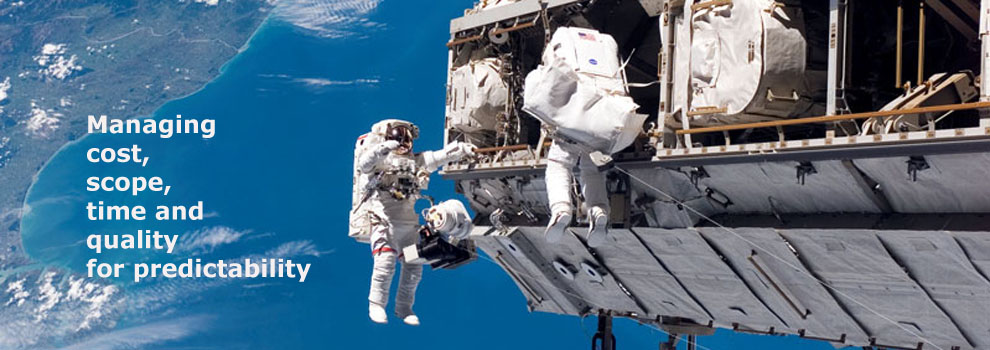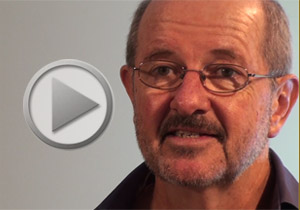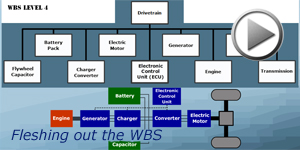Learning objectives:
- Understand the PM process. Understand and apply the internationally acknowledged best practices applied to effective system and software development project management.
- Commit and Deliver. Make realistic commitments to your customers and be recognised as a professional who delivers.
- Motivate and Manage. Oganise, direct and motivate a project team.
- Plan. Plan and schedule software and systems engineering projects using the latest software development process models.

- Estimate. Develop realistic estimates of project cost and schedule.
- Keep Progress Visible. Keep your project under control by through clear visibility of work completed for dollars spent.
- Manage Risk. Recognise and manage the risk scenarios that cause projects to fail.
- Deliver Quality. Measure and control software quality in compliance with international standards.
- Manage Change. Prevent uncontrolled scope change from destroying your project.
Benefits:
- Update your knowledge of internationally recognised PM best practice. The workshop applies principles described in the Project Management Body of Knowledge (PMBOK®) and the Software Engineering Body of Knowledge (SWEBOK) to software development projects.
- Gain practical assistance in improving your PM processes. Presented by a practicing professional systems engineer this workshop presents solutions to real-life problems in complex systems project management. Practical standard and procedure templates will help you improve your processes when you return to your desk.
- Build a culture of PM process improvement. On attending this workshop, participants report that they feel more motivated to champion project management process improvement in their organisations.
Who Should Attend
- Practising project and program managers
- Team leaders
- Developers with leadership potential
- Senior technical specialists
- Senior managers
- Quality assurance specialists
- Process group members responsible for improving software/systems engineering processes
Workshop Outline
Unit 1: Project Management Fundamentals
- Defining projects & project management
- Reviewing the project environment - characteristics and risks
- Developing a project strategy - where to start
- Choosing a project life cycle
- Identifying deliverables
- Identifying and managing stakeholders
- Recognising the impact of organisational culture
- Establishing key project disciplines
- Considering socioeconomic influences.
Unit 2: Preparing a Project Plan
- Why plan? The role of the project plan in scope definition, control, communication, strategy, risk management and continuous improvement.
- Plan inputs. The information and resources required to develop an effective plan.
- Plan content. An overview of a project plan template touching on all the issues to be addressed.
- Managing the plan. How much detail is required? Managing changes to the plan.
Unit 3: Developing a Project Work Breakdown Structure
- What is a Work Breakdown Structure (WBS)?
- Five Steps to developing your WBS
- Avoiding common WBS errors
- Budgeting with the WBS
- Tracking performance with the WBS
- Scheduling from the WBS
- A candidate WBS template for software and electronic systems.
Unit 4: Defining Project Activities
- Justifying process definition and improvement
- Synthesising a development process - methodology views and components
- Reviewing common life cycle models - advantages and disadvantages
- Selecting an appropriate process model for your project
- Identifying project milestones
- Tailoring the development method to suit your project.
Unit 5: Organising and Staffing the Project
- Selecting and establishing the project structure
- Creating positions
- Defining responsibilities and authorities
- Establishing position qualifications
- Staffing the project
- Training project team members.
Unit 6: Estimating Project Costs
- Justifying the estimating process
- Estimating fundamentals
- Factors affecting estimating accuracy
- A seven step estimating process
- Estimating techniques
- Estimating size
- Estimating cost
- Evaluating an estimate.
Unit 7: Scheduling the Project
- Scheduling objectives
- The scheduling process
- Identifying dependences
- A typical software development network
- Critical path analysis
- Optimising a schedule
- Managing a schedule.
Unit 8: Tracking Performance With Earned Value
- The project performance measurement problem
- What is earned value?
- Earned value performance metrics
- Calculating earned value
- Analysing project performance with earned value metrics
- Predicting project cost at completion.
Unit 9: Managing Project Scope
- The unwanted outcomes of change
- Controlling change with the configuration management discipline
- Five configuration management processes
- Planning for configuration management
- Identifying configuration items and baselines
- The configuration management process checklist.
Unit 10: Managing Software Quality
- What is software quality?
- Quality management objectives
- Planning for software quality
- Performing quality assurance
- Performing quality control
- Quality audit
- Quality records
- Quality improvement.
Unit 11: Managing Risk
- The concept of risk
- Identifying and quantifing risks
- Common risk scenarioes in software development
- Developing risk management strategies
- Controlling risk.
Unit 12: Managing the Project Team
- People management objectives
- Motivating the team
- Building team commitment
- Delegation
- Conflict resolution
- The project decision making process.
Background. Les Chambers is a practising professional software engineer with extensive international experience in developing real time and commercial data management systems. In the context of assignments in the U.S.A., Asia, the Middle East and Australia he has performed the sum of all tasks required to construct a software and electronic system; from project manager, safety authority, quality manager, configuration manager to requirements engineer, V&V engineer, design authority, system architect, controls engineer, software developer and hardware designer.
Les is principal of Chambers & Associates Pty Ltd, a Brisbane based systems and software engineering, training and consulting practice he founded in 1988. Les works in Australia and internationally with clients in the industry sectors of railway and road transportation, telecommunications, defence, gaming, government, manufacturing and control systems. His clients have included Telstra, Honeywell, Siemens, Boeing, Royal Australian Air Force, Jupiters Casino Group, Invensys, Ansaldo and Rockwell.
Project Management Experience. Les earned his project management stripes by assuming complete responsibility for constructing critical software and electronic control systems. Software applications with the capability to substantially improve manufacturing efficiency and safety or, on failure, harm life and destroy property. In this environment he learned the true meaning of the term "failure is not an option."
Les has also been responsible for managing the transfer of advanced control systems technology from the USA to Australia and South East Asia. As a program manager he has overseen multiple project streams in fixed price, fixed time environments.
Leveraging his practical experience he works with organisations to improve their project management processes. His extensive knowledge of the technical aspects of project management filtered by his practical background in a range of industry sectors, provides workshop participants with a compelling learning experience.
In addition to technical excellence Les places great importance on the human side of project management. Having managed projects in the USA, Asia and Australia he is keenly aware of the people management challenges (cross cultural and otherwise) that determine the success or failure of a project in the ever shrinking shadow of time.
Training Skills. As a trainer Les' international experience in the nuts and bolts of developing reliable software provides a wealth of case studies. His workshops are consistently rated highly for his mastery of the subject and his ability to entertain and motivate the listener.
Education. Les holds a Bachelor of Electrical Engineering Honours Degree from Queensland University and has completed quality management system assessor training with Standards Australia.





